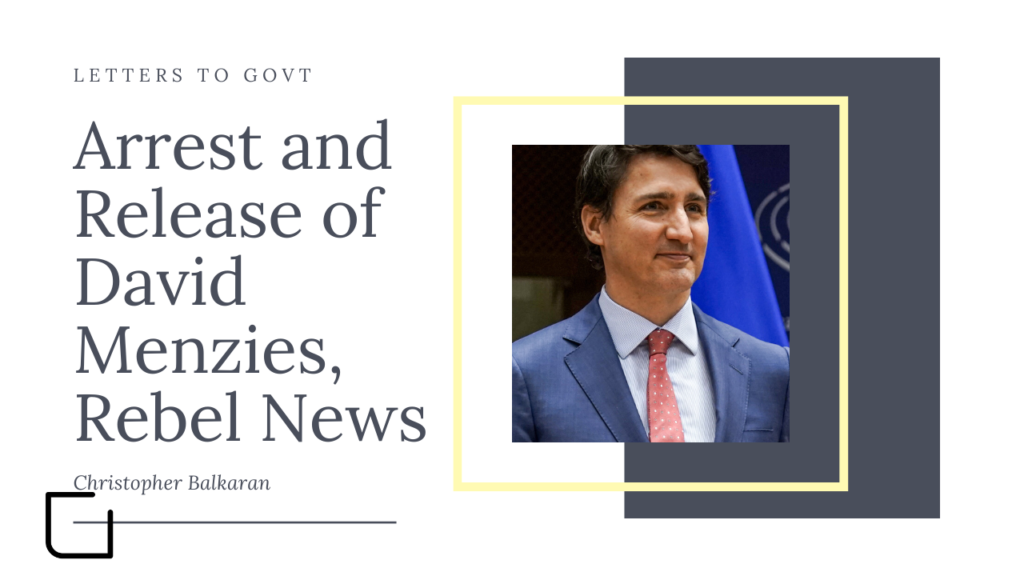Gun violence in Canada represents a fraction of the occurrences in the U.S., though still concerning enough to implement the latest handgun freeze and consider Bill C-21.
I invited Rod Giltaca, CEO and Executive Director of the Canadian Coalition for Firearm Rights (CCFR) to discuss the federal government’s response to gun violence and the ban of over 1,500 assault-style weapons in 2019 and 2020. While the measures have not proved to be any more effective than before, the government remains unmoving on absolute gun control.
How Do You Obtain a Firearm Legally in Canada?
To obtain a Possession Acquisition Licence (PAL) for restricted and non-restricted firearms, you have to undertake the following:
- Pass the 2-day safety course with over 70%.
- Take 4 practical and written exams.
- Learn firearm safety, law, loading and unloading and social responsibility.
- Pay over $300
At this stage, you can only apply for the licence at this stage.
The police are now enabled to ask for the following:
- Record of any encounter with the law.
- Information on your medication and mental health history.
- Have a spouse sign off the document if you’re married.
- Send the contact information of all your partners within the last two years if unmarried.
Applicants will have to wait another 4 months until the investigation is complete. CPIC will run your name every 24 hours for as long as you own your firearm to check if you have had any run-ins with the law.
This will continue after you get your license too. If they believe you are acting strangely, the police have a right to search your house on grounds of suspicion. Even the possibility of refusal is enough grounds for them to gain a warrant.
Indeed, legal gun owners in Canada live with massive responsibility of owning a firearm.
Why Would Someone Want to Own a Gun?
Rod Giltaca did not come across firearms until he was in his 30s. As a business development professional, his client base consisted of the US navy, the marine force, the national guards and so on. The associations led to his first introduction to guns.
He received his Possession Acquisition License (PAL), built his training business and became an instructor at RCMP’s Canadian Firearms Program. Much like most, he had his own reservation about owning guns, which changed as he understood the culture.
To him and other licensed gun owners, owning firearms isn’t a hobby.
- A Gun is a property requiring the owner to show a high level of competency and responsibility. Maintaining it is a point of pride.
- It’s a lifestyle for those in sports shooting or hunting. These people go to clubs, socialize, clean the ranges, and place all their effort, money and passion into it.
- It builds a community of sorts made up of gun enthusiasts.
It’s no different from being an artist or sports fan to some level. Except, you add to it an amount of scrutiny and duty.
What is Bill C-21, Canada’s Comprehensive Strategy to Address Gun Violence?
Touted as the strongest attempt in the last 40 years– Canada is freezing importing, buying, selling or transfer of handguns until further notice. This does not include those who have the authorization for handguns or are coaches of some kind training sports shooters. Additionally, penalties for those smuggling firearms will tighten.
Yet, this fails to solve a primary issue. As the Toronto Police Service Deputy Chief lamented, 86% of the handguns used for crimes are acquired from the U.S.
The police forces seem to believe doubling down on border security is where the effort should be redirected. But when you look at feats such as a drone attaching itself to a tree in Ontario with 11 handguns, what could the authorities possibly do?
How could we reduce gun violence in Canada?
According to police reports, firearm-related crimes accounted for 2.8% of all violent crimes in 2020. Of the 743 homicides in the same year, 277 had gun involvement.
Gun violence appears to increase and decrease in the country at a curious rate. From 2009 to 2013, it was on the decline, until a sharp rise in 2014. A sense of relief washed over Canada with a singular reduction in 2018, only to have a 4% increase in 2020 to 2021.
The pattern parallels the general trend in crime, where homicides involving gangs, domestic violence and petty crimes doubled since 2013.
Solutions require decades of commitment on the government’s part. They have to reach out to gang leaders, provide mental health programs, work with social workers and create opportunities for young people in particular.
From Rod Giltaca’s perspective, pretending to do something by banning guns and staying relevant in the public eye is easier for politicians.
None of them advocate a gun ban, mostly for the same reasons. Alternatively, you may ask why you would support owning guns at all. Especially if you have a Canadian upbringing and view gun ownership as a moral dilemma.









